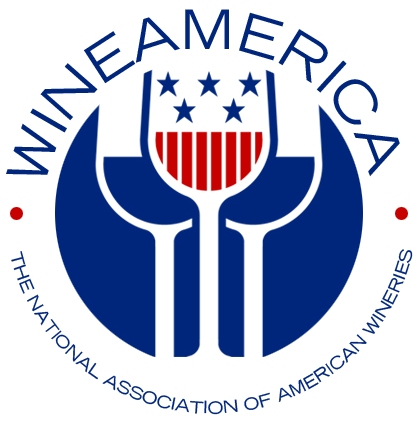by Michael Kaiser
7.11.16
Background
In the Fall of 2008 the United States, and in turn the global economy, was on the brink of collapse. When the Obama Administration came into office in early 2009, their priorities included investigating the collapse and working with Congress to avoid similar collapses in the future. In 2009 and 2010 the Democrats controlled the House and the Senate and the Administration saw an opportunity to enact reforms with a Democratic controlled Congress. What followed was the passage of the Dodd-Frank Wall Street Reform and Consumer Protection Act. The “Durbin Amendment” is a key provision of the law. The Durbin Amendment is named for its sponsor, Senator Richard Durbin (D-IL).
What the Durbin Amendment does
The “Durbin Amendment” limits transactions fees imposed on merchants by debit card issuers. The amendment proposes to restrict these fees, which averaged 44 cents per transactions, based on one to three percent of the transaction amount, to twelve cents per transaction for banks with $10 billion more in assets. The Durbin Amendment does not apply to traditional credit cards.
The theory behind the amendment was that the fees were not reasonable and not proportional to card issuers’ costs. When Dodd-Frank became law in 2010, the Durbin Amendment was included in the final text. The law required the Federal Reserve to draft rules interpreting the amendment. In 2011, the Federal Reserve issued its final rules and the interchange fees were capped at 21 cents per transaction plus 5% of the transaction amount. Some banks implemented new fees as a result and drastically reduced rewards programs for debit cards.
What does it mean for consumers?
While the transaction fees on debit cards were capped, banks instituted fees on other accounts and transactions. The fees on deposit accounts (checking and savings) increased three to five percent. The fees on those accounts include monthly account maintenance charges, higher insufficient-funds fees, and inactivity fees. Banks also reduced debit card rewards program and enhanced credit card reward programs.
What does it mean for wineries?
Most wineries are small, family owned businesses. With less and less consumers carrying cash, debit cards are the preferred currency for many visitors to tasting rooms. The Durbin Amendment has directly affected wineries as small retailers. Some wineries are paying less in debit card swipe fees. Before the amendment was enacted, retailers paid an average of 44 cents for a normal debit card transaction, which was valued at $38. The Durbin rules meant that for the average $38 debit card purchase, the maximum fee charged would be about 24 cents, which is 45% less than before the law was enacted.
Small retailers that regularly process smaller debit card purchases may have seen costs rise. Before the enactment of the Durbin Amendment, many banks and card issues based transaction fees of a percentage of the purchase value, so merchants were paying smaller fees on smaller purchases and larger fees on larger purchases. After the rules went into effect, Visa and MasterCard began charging the maximum amount for smaller transactions. For example, instead of a winery paying a 17-cent fee for a $10 tasting charge, they suddenly faced a 62-cents fee for the same bill.
Additionally, small retailers have fewer free business checking accounts to choose from, as many banks have eliminated them to recoup their losses from lower swipe fees. Conversely the Durbin Amendment has helped larger retailers as the swipe fee they pay on large purchases has been cut nearly in half.
Current Status
Representative Randy Neugebauer (R-TX) has introduced H.R. 5465, which would repeal the Durbin Amendment. This would not allow the Federal Reserve to control the limit on debit card fees. It is unclear if this is repealed what the ramifications might be, if there is no federal control on the price limits, fees could increase. Additionally any reform on this issue will need to wait for a new Administration to assume office.
***
Questions? Contact Michael Kaiser, Director of Public Affairs, mkaiser@nullwineamerica.org.
WineAmerica is the national voice the American wine industry. Based in Washington, D.C., WineAmerica represents wineries in 43 states and leads a coalition of state and regional wine and grape associations. As an industry leader, WineAmerica encourages the dynamic growth and development of American wineries and winegrowing through the advancement and advocacy of sound public policy.


